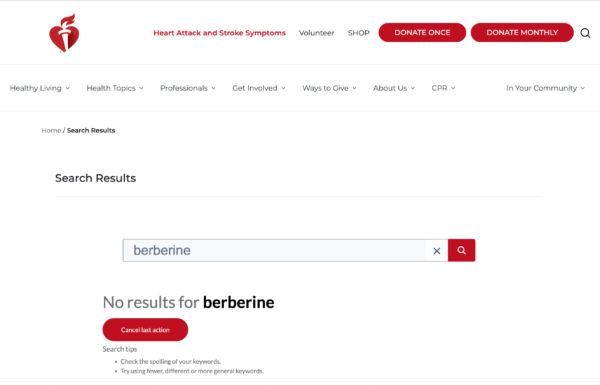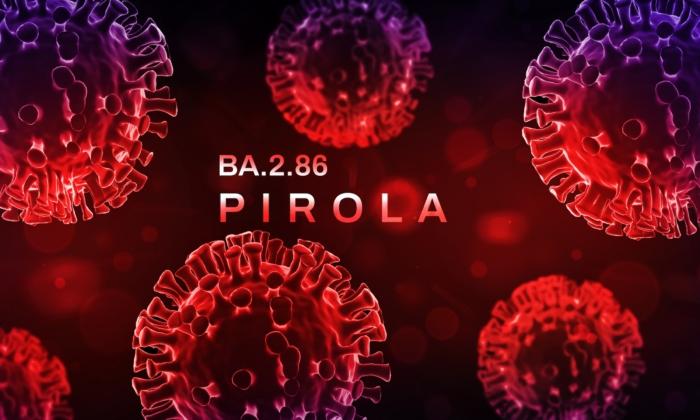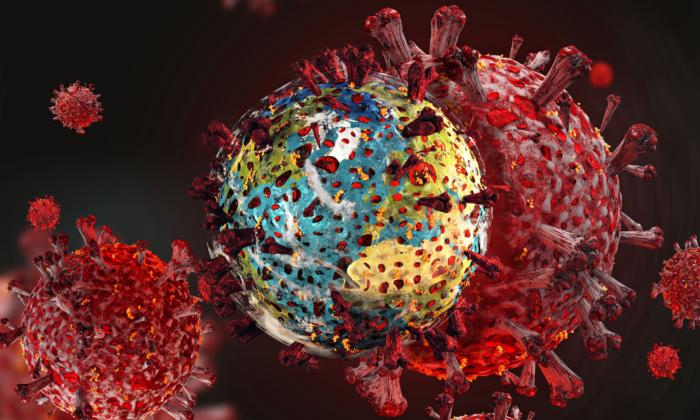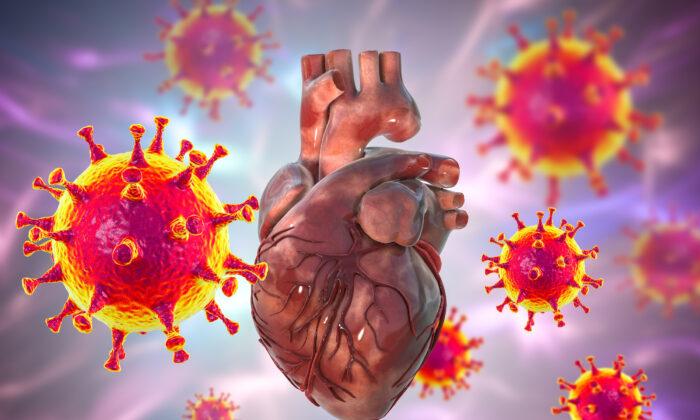While at the Brownstone Institute retreat near Hartford, Connecticut this weekend, I heard Dr. Paul Marik speak on repurposed drugs. Of course, this has been one of my passions since the Ebola outbreak of 2014, with the realization that a safe and effective vaccine could not be developed fast enough for any newly emergent highly infectious disease or infectious bio-threat event.
Unfortunately, there is no interest in using repurposed drugs by our government or pharma for other disease indications such as cancer. This is despite the fact that computerized modeling, which is very sophisticated, suggests that there are many drugs for which the already licensed drug’s safety profile is well known, that would work well for varying types of cancers. Again, no profit motive, no interest. No research dollars or support. A dead end.
Likewise, in the United States, “nutraceuticals” are largely unregulated, as they exist in the same category as dietary supplements and food additives by the FDA [U.S. Food and Drug Administration]. There is no way for a pharma company to make huge amounts of profits from repurposed drugs unless they can figure out a way to patent the product (formulations, co-administration with other agents, etc.). Even then, it can be very difficult and carries a lot of financial risk—in getting it through the patenting process (which is more difficult).
I spent a year discovering repurposed drugs for Zika in 2015–2016. This included using high-throughput screening to discover already licensed drugs and related compounds with strong antiviral properties (alone or in combination). Finally, we tested one product in a live animal model. This culminated in a lot of great in-vitro and in-vivo data.
The results showed that ivermectin and hydroxychloroquine were both excellent antivirals against Zika. Unfortunately, agencies within the U.S. government and private corporations have no interest in drug compounds that do not have a huge potential to make money. I could not get funding for any of this research (the DOD did supply a few resources, although not much, and NIH [National Institutes of Health] was downright passive-aggressive to the idea of testing repurposed drugs).
But silly me, I didn’t connect the dots that they had no interest in researching anything that was not driven by Big Pharma. Personally, I just could not imagine that the U.S. government was that corrupt. I just couldn’t understand why they didn’t have an active interest in pursuing repurposed drugs.
Jill and I funded the research out of pocket, and it just about bankrupted us. My conclusion at the time was that I will never do this again. I write all this because there is a pattern here. Then Zika passed into oblivion. The data got put on the shelf and time went by.
In writing this essay, I came across this old image of an invention disclosure I wrote in a notebook in 2016.

One of the key examples used during Marik’s lecture at the Brownstone retreat was the compound berberine.
As berberine is derived from plants, it is considered a nutraceutical. As a consequence, there are few randomized clinical trials and little pharma or government interest in the drug. Probably because there is no profit motive at play here. Hence, most of us have never heard of it.
One of Marik’s main points was that berberine appears to be one of the most powerful tools we have to regulate insulin and yet because there is no profit in promoting this product, there is almost no publicity or significant research into its clinical benefits.
Traditional medicines use many plants that are true miracles provided to us by nature. Berberine is found in many plants throughout the world and has been used as an essential medicine globally for more than 3000 years. Traditionally, its uses have varied greatly and include treating infections and sores, and as an antimicrobial for various kinds of gastrointestinal inflammation.
What are the Health Benefits of Berberine?
(Note—there is no question that more research into this compound is needed. But there is overwhelming evidence that this drug has many health benefits and should not be overlooked when assessing the use of dietary nutraceutical supplements.)Atherosclerosis

“Berberine is an extract of Chinese traditional herbs that is known for its antimicrobial and anti-inflammatory effects in the digestive system. Its underlying anti-CVD (cardiovascular disease) mechanisms are currently attracting interest, and its pharmacological actions, such as antioxidation, regulation of neurotransmitters and enzymes, and cholesterol-lowering effects, have been substantiated. Recent studying found that berberine could inhibit both the proliferation and apoptosis of VSMCs (vascular smooth muscle cells) induced by mechanical stretch stress simultaneously, which suggests that berberine might be an excellent drug to treat atherosclerosis.” Frontiers in Pharmacology, 2021
Blood Pressure
Berberine has been shown to help control blood pressure.Blood Sugar Control (Insulin Regulation)
Berberine has been shown to significantly lower glucose levels in diabetic patients.Cholesterol
“Men randomized to berberine had larger reductions in total cholesterol (-0.39 mmol/L, 95% confidence interval (CI) -0.70 to -0.08) and high-density lipoprotein cholesterol (-0.07 mmol/L, 95% CI -0.13 to -0.01) after 12 weeks. Considering changes after 8 and 12 weeks together, berberine lowered total cholesterol and possibly low-density lipoprotein-cholesterol (LDL-c), and possibly increased testosterone.” Nutrients, 2021.Taking berberine supplements regularly appears to lower total cholesterol, “bad” cholesterol, and triglycerides in people with high cholesterol. As it is not a statin and works through other pathways than statin drugs, it may be beneficial for people who wish to lower cholesterol but do not wish to take statins or are resistant to statins.
Heart Disease
People with heart disease often have fatigue and irregular heartbeats. Studies show that taking berberine supplement combined with standard heart disease treatments reduces these symptoms. Berberine reduced the risk of death from heart disease without apparent side effects.“One hundred fifty-six patients with CHF and >90 ventricular premature complexes (VPCs) and/or nonsustained ventricular tachycardia (VT) on 24-hour Holter monitoring were randomly divided into 2 groups. All patients were given conventional therapy for CHF, consisting of angiotensin-converting enzyme inhibitors, digoxin, diuretics, and nitrates. Patients in the treatment group (n = 79) were also given berberine 1.2 to 2.0 g/day. The remaining 77 patients were given placebo.” …
Here are the search results for “berberine” from the AHA website:

Here are the search results for “statin” from the AHA website:

There are 286 results for “statin” on the heart.org (AHA website)
Neuroprotective Properties
There are many studies in rats and mice that show neuroprotective benefits of berberine.“Results: The included 15 articles met our inclusion criteria with different quality ranging from 3 to 5. We analyzed data extracted from full texts with regard to pharmacological effects and potential anti-Alzheimer’s properties. Our analysis revealed that in multiple memory defects animal models, berberine showed significant memory-improving activities with multiple mechanisms, such as anti-inflammation, anti-oxidative stress, cholinesterase (ChE) inhibition, and anti-amyloid effects.” BMC Complement Altern Med. 2019
Polycystic Ovary Syndrome (PCOS)
PCOS can cause high cholesterol, insulin resistance, and weight gain. Studies have shown that berberine helps women with PCOS to control their cholesterol, lower their waist-to-hip ratio, and increase their response to insulin.“The effects of berberine on insulin resistance and abnormal glucose and lipid metabolism for restoring the reproductive health of women with PCOS are well recognized and have been widely studied, but much less attention has been given to its anti-inflammatory properties. Chronic low-grade inflammation is the unifying feature of PCOS and may contribute to reproductive disorders in PCOS. Berberine can modulate the inflammatory state of the ovaries and uterus in PCOS.” Current Medicinal Chemistry, Feb. 2023
Weight Loss
Berberine has been documented to help with weight loss.Berberine is considered unsafe for use in newborns, infants, and children.
Please also note that berberine can affect other drugs, nutraceuticals, and supplements.
If you are experiencing side effects from any supplement or drug, discontinue and seek counsel from a health professional before resuming.
This article is not intended to treat or propose treatment—it is educational only. Please consult a health practitioner for healthcare.






